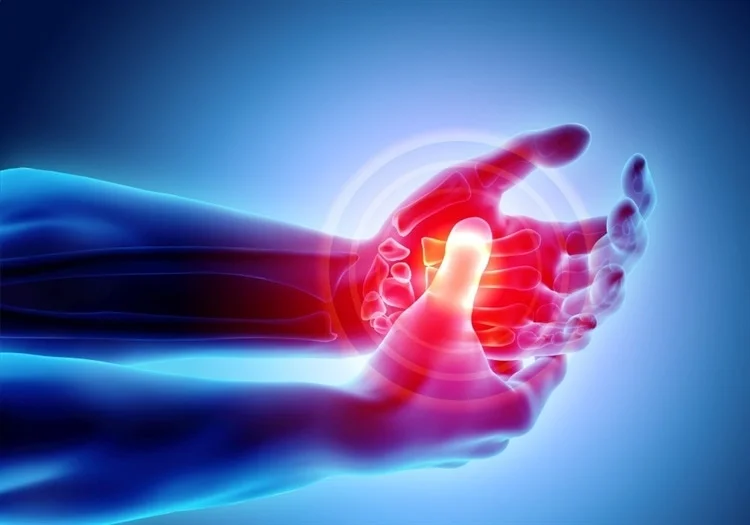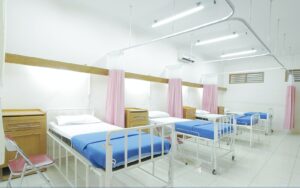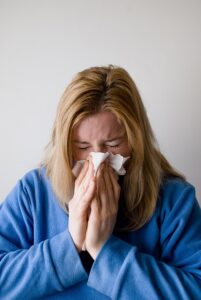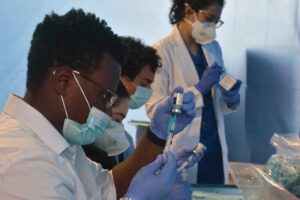Numerous bacterial, fungal, viral, and other organisms make up the human microbiome. The body’s defense mechanisms may change in reaction to dysbiosis of these bacteria brought on by dietary changes, the use of antibiotics, disease, or fecal microbiota transplantation (FMT).
According to studies, the intestinal microbiota and the immune system are linked in both directions. Autoimmune illnesses have been linked to the consequences of increased levels of harmful microorganisms and decreased levels of helpful bacteria.
RA is an autoimmune disease that causes inflammation and joint pain as well as the immunological destruction of the self. There have been reports of microbial changes in RA pathogenesis; however, information on the type of microbe and its particular contributions to RA growth is scarce.
Concerning the review
Researchers looked at the evidence that was already available, including mouse studies and human clinicaltrials to investigate how the gut microbiome affects the development of RA.
On January 14, 2021, a search of English records—including their references—on the relationship between the intestinal microbiota and inflammatory-type joint illnesses that had been published between 2010 and the search date was conducted using the PubMed database. Six mouse research and 16 pertinent human studies were found by the team.
research carried out on mice assessing the role of intestinal dysbiosis in rheumatoid arthritis
Prevotella-dominant microbiomes from rheumatoid arthritis patients were used to colonize mice, and this quickly produced arthritis, stimulated dendritic cells, raised T helper 17 (Th17) production, increased interleukin (IL)-17, 23 levels in the intestine, and elevated T helper 17 (Th17) levels.
Mice lacking the interleukin-1 receptor antagonist protein (IL-1RN) experienced autoimmune T lymphocyte-mediated arthritis, which was accompanied by increased Helicobacter abundance and lower Ruminococcus abundance, and elevated Th17 proportion.
Lactobacillus bifidus monocolonization resulted in rapid RA induction. Tobramycin therapy significantly improved the arthritic condition, eliminating Helicobacter species.





